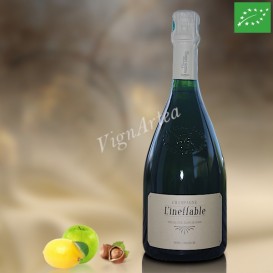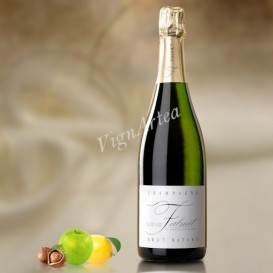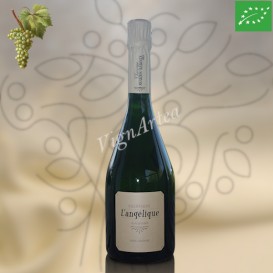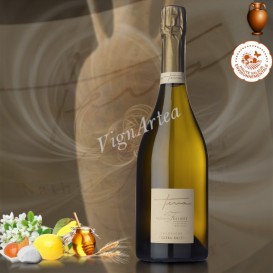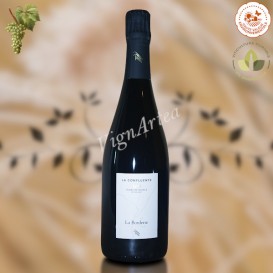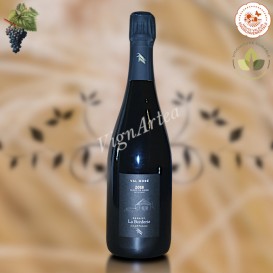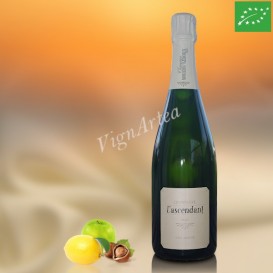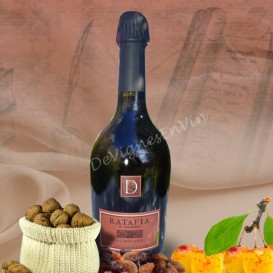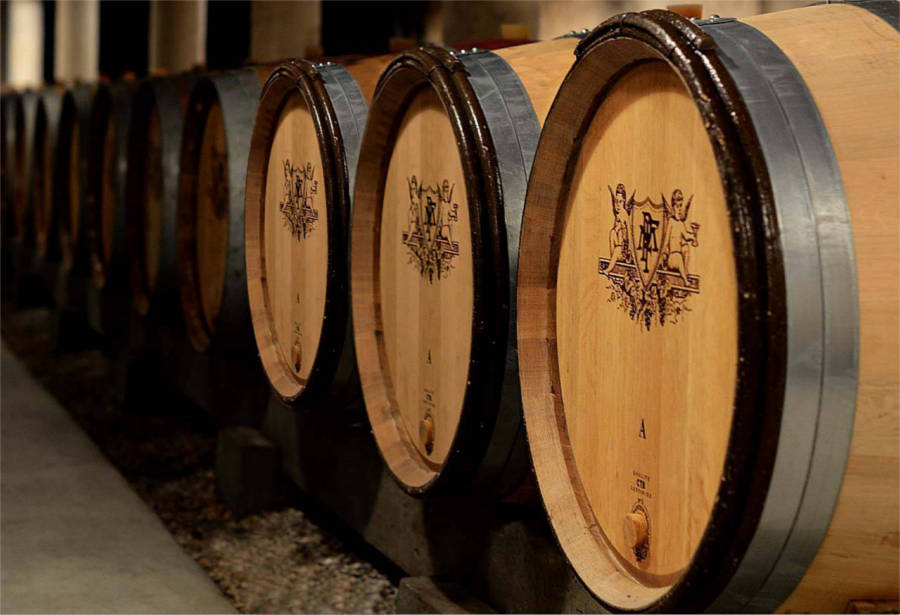PINOT NOIR 2017 - BARRIQUE (Domaine Jean Sipp)
ALSACE - AOP ALSACE - RED WINE
Grape variety: Pinot Noir (100%)
Ageing in oak barrels for 12 months
- Nose: complex, spicy and liquorice. Notes of blackberry and blueberry aromas, with a hint of violet.
- Palate: round juice with a generous fruit.
Tasting date: October 2021.
OUR OPINION: unable to resist it!
TERROIR
The Pinot Noir vines are planted on a granitic soil. More precisely, the terroir consists of a soil of Gneiss with garnet (red mineral) and cordierite (blue mineral) : it is a metamorphic rock, that is to say a volcanic or sedimentary rock whose mineralogical composition was transformed during its underground burying caused by subduction phenomena inducing an increasing pressure and temperature.
It forms the base dating from the Precambrian, a geological period that begins at the earth origin and ends around -540 million years ago. This part of the original base has been exposed after several events undergone by the Rhine rift over more than 100 million years : still buried in the earth's depths under the Triassic (-250 to -199 Ma) and the Jurassic (- 199 to -145 Ma) geological layers, this gneissic rock will end up outcropping from the Upper Oligocene, -28 million years ago, following the collapse faults appearance in the basement vault which resulted in the latter's subsidence and the Rhine basin formation.
The rise of the Rhine rift borders, during the Upper Oligocene, as well as the erosion and the volcanic activity combined with tectonic movements allowed the outcrop of these crystallophyllian rocks.
This terroir is interesting for the Pinot Noir variety, which particularly appreciates sandy soils of granite origin. The Gneiss, whose mineral composition is close to granite's one, is a rock that easily disintegrates on the surface and forms a sandy granite arena rich in quartz, whose fertility mainly depends on the minerals present in the soil.
WINEGROWING & WINEMAKING
The vines are cultivated in accordance with the organic viticulture specifications. The Jean Sipp estate has also started its conversion in 2018 in order to obtain official organic certification.
The harvest is manual. The grapes are then completely destemmed and put in vats for a 15-day maceration.
The must is then pressed and transferred to old oak barrels to complete its fermentation (around 12 weeks), then it will be matured for 12 months. The must is then drawn off without being filtered before bottling in May.
- Acidity : 5,78 g/l
- Residual sugar : 0 g/l
| Country | Alsace |
| Color | Red |
| Orange wines | No |
| Clay amphorae wines | No |
| Type | Dry |
| Vintage | 2017 |
| Capacity | 75 cl |
| Single Grape Variety | Pinot noir |
| Alcohol rate | 13 % |
| Quality Designation | Alsace |
| Cellar Potential | 10 years |
| Service advise | 12-14°C (54-57°F). Open 1/4 hr before the service. |
| Culture Methods | Sustainable cultivation method |
| Fining | No |
| Filtering | No |
| Comments | 15-day maceration. 12-week fermentation. Ageing in oak barrels for 12 months. No filtration. |
La cuvée PINOT NOIR BARRIQUE offre une texture très souple et des arômes gourmands de fruits rouges et de vanille qui accompagnent agréablement des viandes rouges grillées, faux-filet, rumsteack ou encore des viandes plus exotiques comme le steack d'autruche. Il se marie également très bien avec un poulet ou une pintade grillés aux épices.





